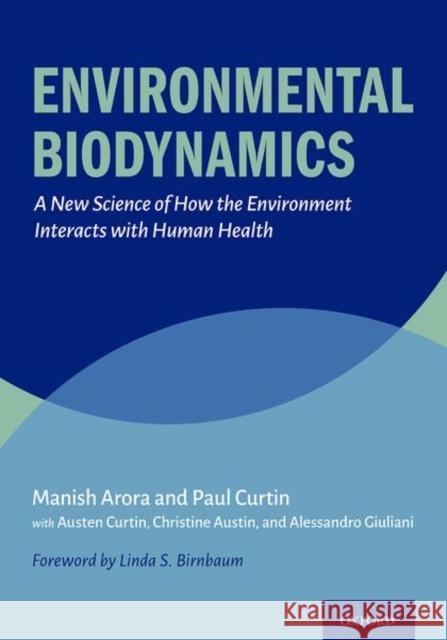Environmental Biodynamics: A New Science of How the Environment Interacts with Human Health » książka
topmenu
Environmental Biodynamics: A New Science of How the Environment Interacts with Human Health
ISBN-13: 9780197582947 / Angielski / Twarda / 2021 / 160 str.
Kategorie:
Kategorie BISAC:
Wydawca:
Oxford University Press, USA
Język:
Angielski
ISBN-13:
9780197582947
Rok wydania:
2021
Ilość stron:
160
Waga:
0.52 kg
Wymiary:
26.67 x 18.8 x 2.03
Oprawa:
Twarda
Wolumenów:
01
Dodatkowe informacje:
Bibliografia
Wydanie ilustrowane
Wydanie ilustrowane











